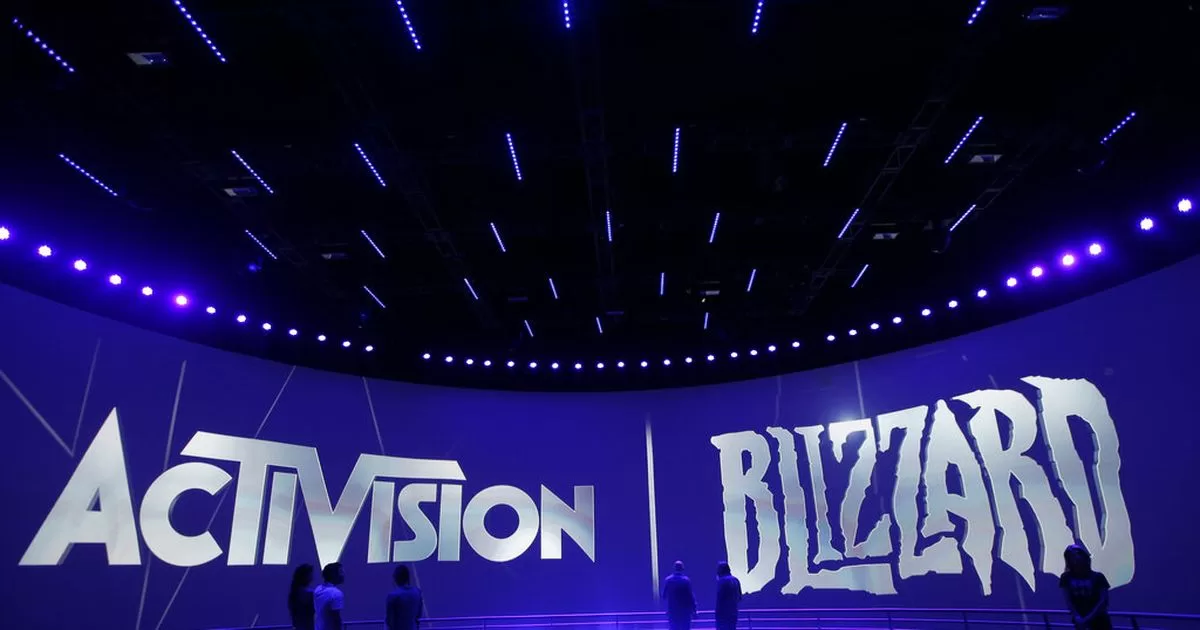This December 31, Emmanuel Macron will pronounce his vows to the French, the sixth of its kind since his election as President of the Republic in 2017.
It is a tradition initiated by General de Gaulle in 1960: presidential greetings on the occasion of New Year’s Eve. Followed by many French people, this event is an opportunity for the President of the Republic to take stock of the past year and to plan for the next one.
As during his previous five-year term, Emmanuel Macron will again comply with this exercise this Saturday, after a year marked by the war in Ukraine, his re-election and the energy and inflation crisis. Back to his previous speeches.
• December 31, 2017: “I won’t stop acting”
2017 saw Emmanuel Macron shatter the right-left divide and become President of the Republic at just 39 years old. However, in his first wishes to the French, the new tenant of the Élysée does not dust off the exercise and follows in the footsteps of his predecessors. At least in form.
We see him solemn, his hands on a marble table, seated in his corner office at the Élysée. He briefly mentions his victory during the presidential election, not wishing to “spend too much time going back” to this event. To those who do not “share” his policy, “I respect them and I will always listen to them”, declares the Head of State.
Nevertheless, “I will not stop acting”, despite the “discordant” voices, he assures us, wishing that the “deep transformations” started in 2017, continue with “the same intensity for the year 2018 “.
The President of the Republic is distinguished by a long intervention of more than 17 minutes and is not far from exceeding the record established by Charles de Gaulle on December 31, 1961 (18 minutes). It will only be a postponement: in 2019, Emmanuel Macron exceeds this time by a few seconds.
The originality of his intervention also lies in the way he addresses the French. Calling several times for “cohesion” for 2018, he declares: “Our national cohesion also depends on your commitment”.
“Ask yourself every morning what you can do for the country,” he urges, insisting on a “stronger collective, bigger than you”.
A reference to John Fitzgerald Kennedy. In 1961, the former President of the United States declared on the day of his swearing in: “Ask not what your country can do for you, but ask yourself what you can do for your country”.
• December 31, 2018: the counter-attack in the face of the yellow vests crisis
Two rooms, two atmospheres. On the one hand, the movement of yellow vests which agitates France since November 17, putting in difficulty an executive also weakened by the Benalla affair. On the other, Emmanuel Macron standing up to present his wishes to the French and displaying himself as dynamic and conquering.
Far from being in lace, the President of the Republic is on the offensive with regard to the social movement. If he first recognizes “great heartbreak and anger”, seeing there a “people who do not resign themselves”, he castigates, without naming the yellow vests, those “who take the pretext of speaking on behalf of the people” .
“But which one, from where? How?” he asks. Before denouncing the “spokespersons of a hateful crowd” who “attack elected officials, law enforcement, journalists, Jews, foreigners, homosexuals”.
This, “it is quite simply the negation of France”, loose Emmanuel Macron.
The tenant of the Élysée criticizes a “denial, sometimes flagrant, of reality”. And tackle: “We cannot work less, earn more, lower our taxes and increase our expenses, change nothing in our habits and breathe cleaner air”. Faced with this situation, Emmanuel Macron promises that “the republican order will be ensured without complacency”.
• December 31, 2019: he steps up to the plate on pension reform
Emmanuel Macron devotes a large part of his speech to pension reform. The social context is extremely tense. Since December 5, the country has been facing a strike movement unprecedented in its duration and scale.
Most unions are standing against the executive’s plan. Even the CFDT showed its reluctance after Édouard Philippe mentioned the creation of a “pivotal age” at 64 and no longer just the abolition of special regimes as was initially planned during Emmanuel Macron’s presidential campaign.
Remained relatively silent so far, the head of state shows the muscles. Noting that this is his third presidential wish, he introduces: “Usually, this is the moment when we give up acting vigorously so as not to upset anyone as future elections approach. […] We have no right to give in to this fatality. The reverse should happen.”
If he says he understands “how much the measures taken can offend, arouse fears, opposition”, he asks a question in the process: “Must we therefore give up changing our country and our daily life?” And to answer himself:
“No, because that would be abandoning what the system has already abandoned. It would be betraying our children, their children after them, who would then have to pay the price for our renunciations.”
The pension reform “will be completed”, promises Emmanuel Macron, raising the praises of a “project of justice and social progress”. He concluded on the subject by enjoining his Prime Minister to find the “path of a rapid compromise”, with “the trade unions and employers’ organizations which want it”.
The rest? A bill adopted by 49.3 at the end of February 2020 in the face of parliamentary obstruction – in particular from La France insoumise – which slowed down the debates, then an abandonment of the text due to the Covid-19 pandemic.
Since then, Emmanuel Macron has put the subject back on the program of his last presidential campaign. And, as a nod to his wishes for 2020, he could again address this issue during his speech on Saturday when the executive intends to present its pension reform project on January 10, 2023.
• December 31, 2020: Bringing “hope” after a year of pandemic
“We are not living a December 31 like the others,” said Emmanuel Macron from the outset during his vows. The Covid-19 epidemic has been there and still persists. “The year 2020 therefore ends as it went: with efforts and restrictions,” explains the president.
He reconfigured the country during the fall, after a first confinement between March and May. He warns: “The first months of the year (2021) will be difficult, and at least until spring, the epidemic will weigh heavily on the life of our country.”
After this period, Emmanuel Macron wants to believe in “a new French morning, a European renaissance”. The “hope” is “there”, “grows every day” and “lives”, insists the tenant of the Élysée in an anaphora. He sees it in particular with “this vaccine that human genius has brought about in just one year”.
The Head of State also speaks of “hope” and personifies it by listing a list of first names in order to pay tribute to their “exemplary careers, which are so many compasses for the times to come”. He mentions, for example, Mauricette, who, at the age of 78, became the first Frenchwoman to be vaccinated against Covid-19.
For Emmanuel Macron, “our Nation has gone through this year with such unity, such resilience”, that “nothing can happen to it”.
“In 2021, whatever happens, we will therefore be able to deal with health, economic and social, terrorist and climate crises”, he insists.
• December 31, 2021: n balance sheet to defend
The Covid-19 epidemic is again mentioned by Emmanuel Macron during his wishes for 2022. In the midst of the fifth wave marked by the Omicron variant, the Head of State however wants to be resolutely optimistic. He points to “real reasons for hope” such as “the vaccine weapon” and “our collective experience”.
This momentum goes hand in hand with the defense of its record just under four months before the presidential election. Emmanuel Macron thus boasts of his ability to reform the country, despite the health situation:
“Where we could have postponed everything, we have never given up on our collective ambition”, he insists, citing pell-mell “the reform of unemployment insurance, the youth engagement contract […] the inflation allowance, the energy check”.
The Head of State also cites words for “the ecological and climatic emergency” such as “the development of renewable energies” or the “end of plastic packaging”.
The President of the Republic is nevertheless careful not to announce any candidacy for a second five-year term. “I will act until the last day of the mandate in which you elected me”, he said, thus taking advantage of his position as head of state to delay his entry into the arena and place himself above the scrum of candidates.
He just leaves a clue by quoting the historian and resistance fighter March Bloch: “For my part, whatever my place and the circumstances, I will continue to serve you. And from France, our homeland, no one will be able to uproot my heart”, declares the Amiens for what can be interpreted as an attack on the far right.


